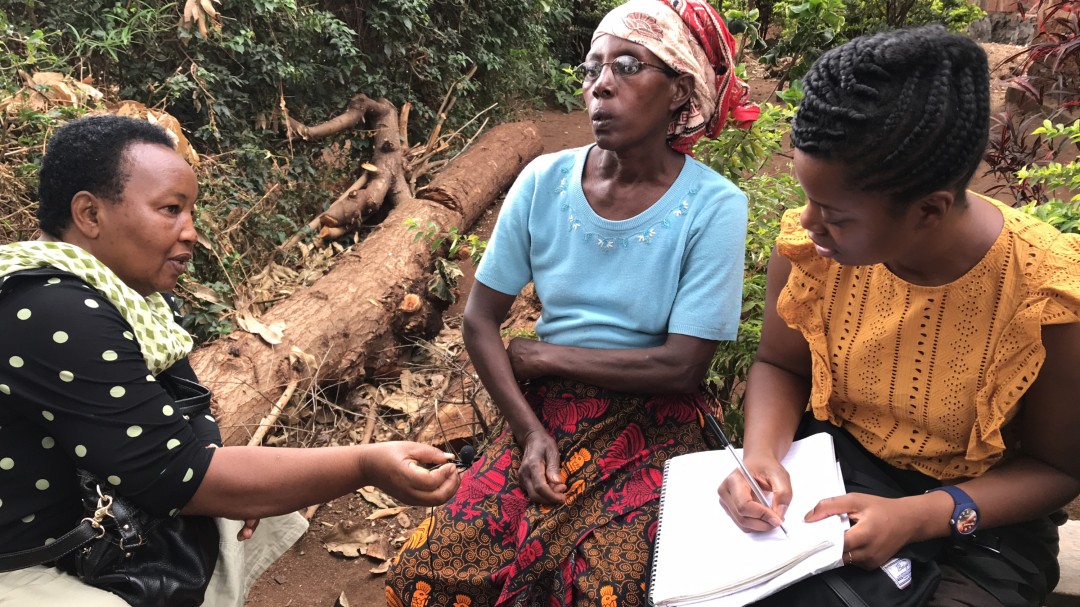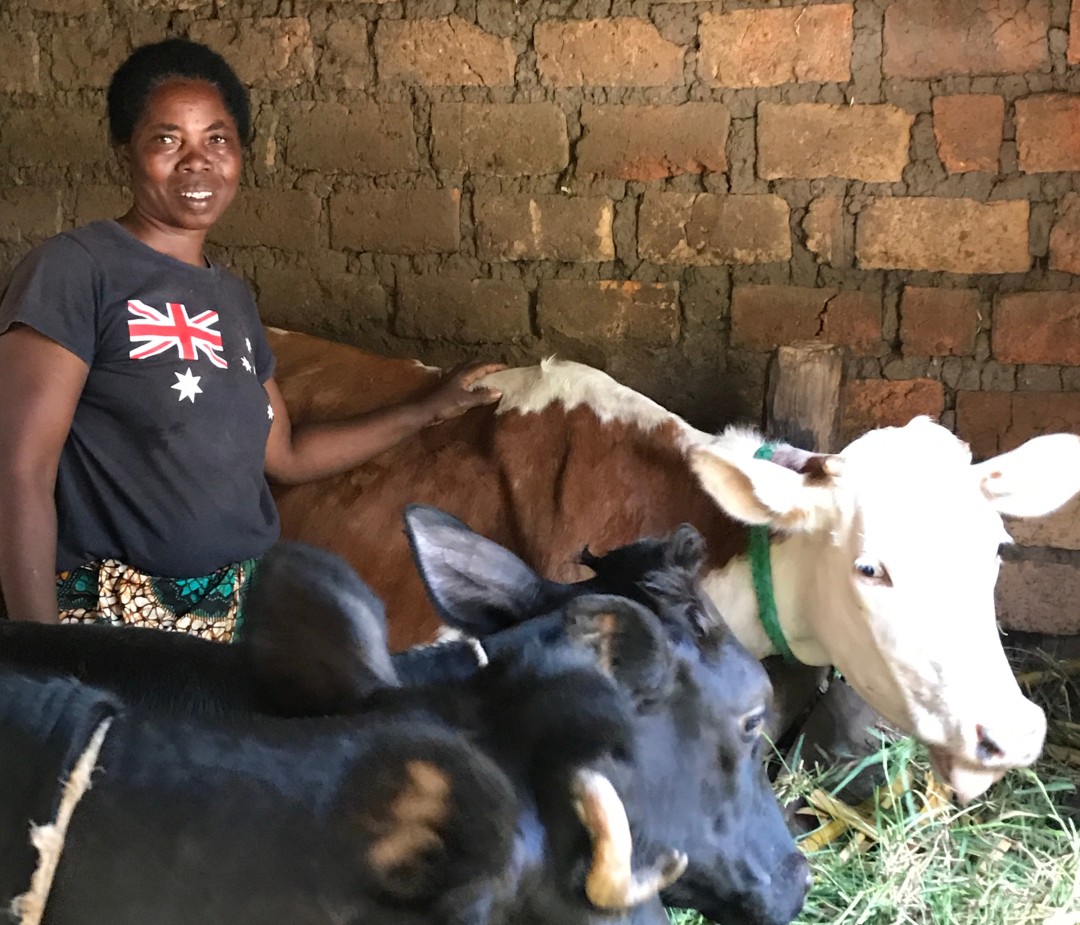SUSTAINABLE LIVELIHOODS FOR WIDOWS WITH HIV
The project led in Arusha and Moshi aimed to enable 150 widows affected by HIV to become self-sufficient by giving them the skills and means to develop and run sustainable businesses, in order to support their families with better education, better housing and regular meals. Specific activities included training and mentoring the HIV-affected women and their families to enable them to set up an income-generating activity. The women were to receive start-up grants to develop a business of their choice. Development loans were also made available to 45 women (previous grant recipients), to further expand their businesses.
At the end of the project 163 widows were able to benefit from the training and support provided by MondoChallenge Foundation and had received grants to start a small business. The fluctuating exchange rate enabled 13 additional women to receive grants. Successful business women from previous rounds of the project attended the two-day training to tell their story and encourage the new group. The 45 women who received additional development loans were further trained in their specific business activity. All the women reported that they were now able to send their children to school, including those who were caring for adopted children of deceased relatives.
The MondoChallenge Foundation is a British charity founded in 2004. It aims to provide support for education and livelihoods in developing countries. It focuses on community-based programmes, working together with local populations to help them improve their lives.
News
Type
Health / Education / Community DevelopmentDuration
August 2016 -July 2018Location
Arusha, Moshi / TanzaniaWith whom
The MondoChallenge Foundation
Website



Tanzania
Population
57.3 million (2017)
Per Capita Income
USD 920/year
Poverty rate *
28% (2011)
Literacy rate
78% (2016)
Human Development Index
154TH OUT OF 189 COUNTRIES (2018)
Tanzania has experienced high and relatively stable growth rates over the past decade. At the same time, Tanzania is lagging in primary school completion, maternal health, poverty eradication, malnutrition and environmental sustainability. While the poverty rate has recently declined, the absolute number of the poor has not changed due to the fast pace of population growth (3% per annum). It has made little progress towards reducing extreme hunger and malnutrition, particularly in rural areas. However, scrapping contributions for primary and secondary school has drastically increased primary school enrolment.
Sources: World Food Program, UNICEF, World Bank, 2016 Human Development Report, Human Development Indices and Indicators (2018 Statistical Update)
*The percentage of the population living below the national poverty line.